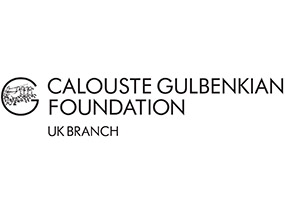This year, over 150 culture sector leaders, including many Cultural Governance Alliance members and some new faces, gathered online for Governance Now - the flagship governance conference for culture sector trustees and professionals.
In a year of immense change and upheaval, attendees and speakers came together virtually to share insights and best practice on how good governance is critical in ensuring that arts and culture organisations weather the storm of 2020.
The conference was supported by headline sponsors Saxton Bampfylde, who shared pre-conference insights on overcoming strategic challenge, exclusively for the Cultural Governance Alliance.
The conference kicked off during Trustee’s Week, and took place over the month of November, ensuring that as many people as possible could benefit from the insightful keynotes, invigorating provocations and informative workshops that we had lined up.
Although the impact of the Covid-19 pandemic on the sector was central to the themes covered throughout the conference, there were many moments of hope and regeneration despite the difficult circumstances. Ultimately, delegates were offered an opportunity to connect, exchange and explore our collective routes out of this year’s challenges and ways to navigate those still to come.
We opened proceedings on Thursday 5 November, with the theme of diversity and community. Keynote speaker Nina Simon, CEO of the non-profit organisation OF/BY/FOR ALL, delivered a speech on Revisioning Relevance.Nina asked some questions around why we should choose to change in a time of uncertainty, how to unlearn deeply ingrained habits and assumption that are keeping us from growing, and which communities we might lean towards who exist outside our bubbles.



